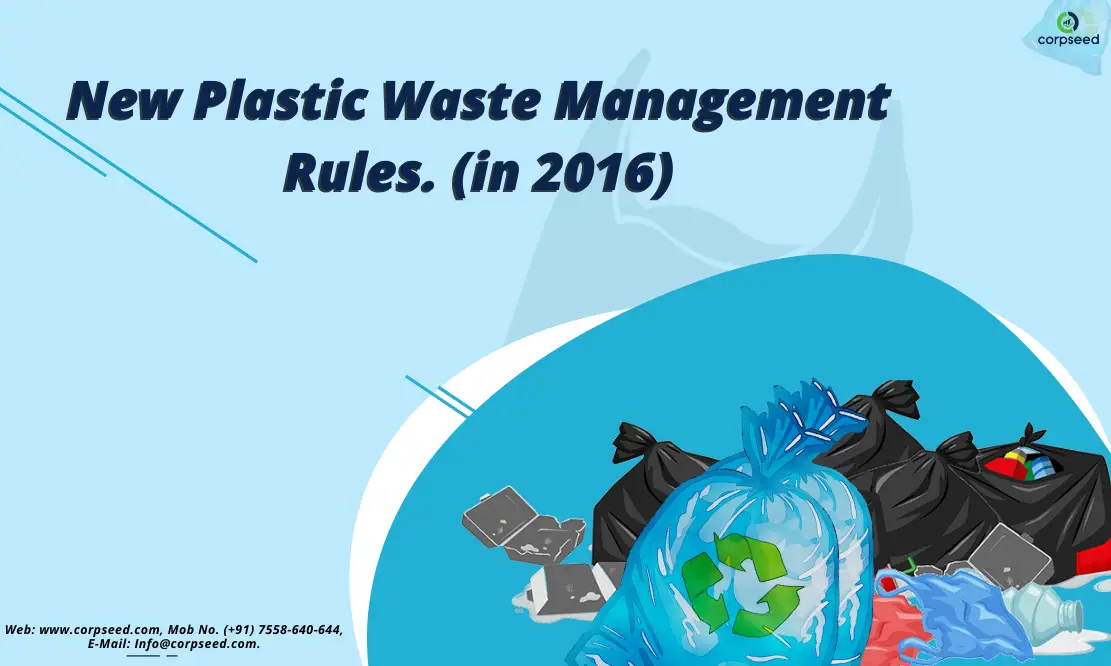
How to Start Food Business in India
by Shamshad Alam on 2021-08-08
How To Start Food Business In India and Basic Requirements to Open & Operate Successful Food Business in India

Lift License | Lift Certificate | Lift Clearance Services PAN India
by Shamshad Alam on 2021-08-08
Team Corpseed will help your organization to draft and file application to authorities for grant of Lift License - Lift Clearance. Lift License is mandatory for Residential apartment, restaurant, hospital, hospital, building etc..

CDSCO Process for Permission to Import New Drug in India
by Shamshad Alam on 2021-08-08
Team Corpseed will help your organization to draft and file application to authorities for grant of CDSCO Certificate for Import of new drug in India. When an organization need to produce/import a new drug, it must apply for license from CDSCO authority

Plastic Waste Management
by Shamshad Alam on 2021-08-08
Plastic has multiple uses and the physical and chemical properties cause commercial success. However, the indiscriminate disposal of plastic has become a serious threat to the environment.

How to Setup Lead Acid Battery Recycling Plant | Lithium ion Battery Recycling Plant
by Shamshad Alam on 2021-08-08
Corpseed team will provide you consultation on how to start your own Battery Recycling Plant in India. Due to increasing demand of automobiles vehicles the demand of lead –acid batteries is also in hike, which leads to more battery waste recycling..

Procedure to Obtain an NOC from CDSCO for Manufacture of Drugs for the Purpose of Examination Test and Analysis of Vaccines
by Shamshad Alam on 2021-08-08
In order to obtain NOC from CDSCO for manufacture of drugs for the purpose of examination, test and analysis for biological products (vaccines & r-DNA products), guidelines have been stated by the organization and any applicant applying for such NOC must follow the procedure as stated by the government through CDSCO